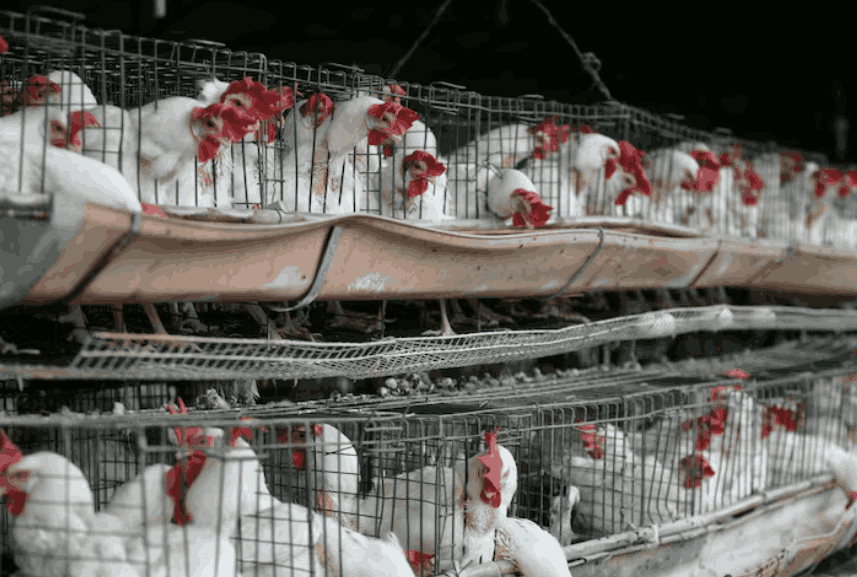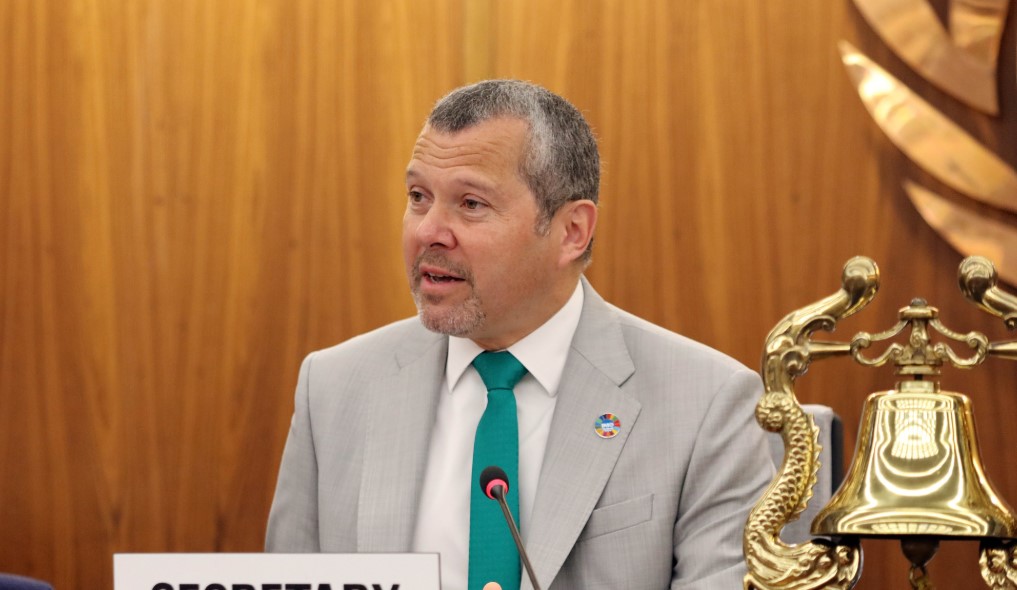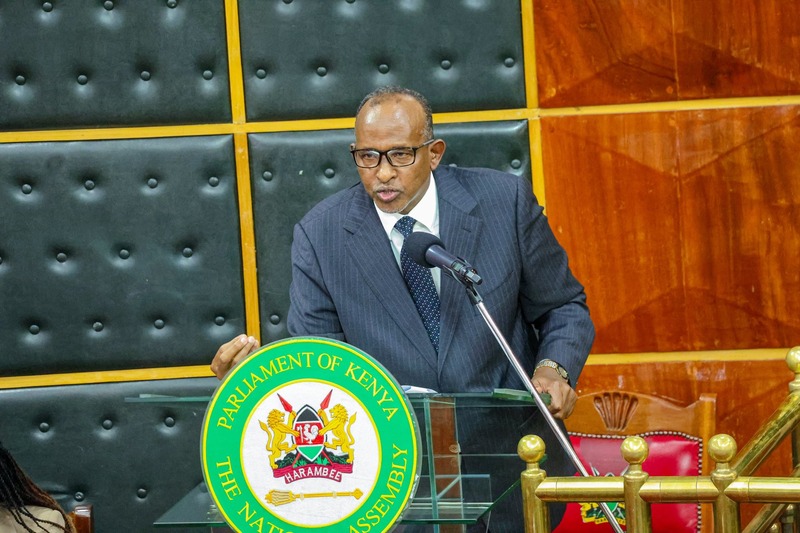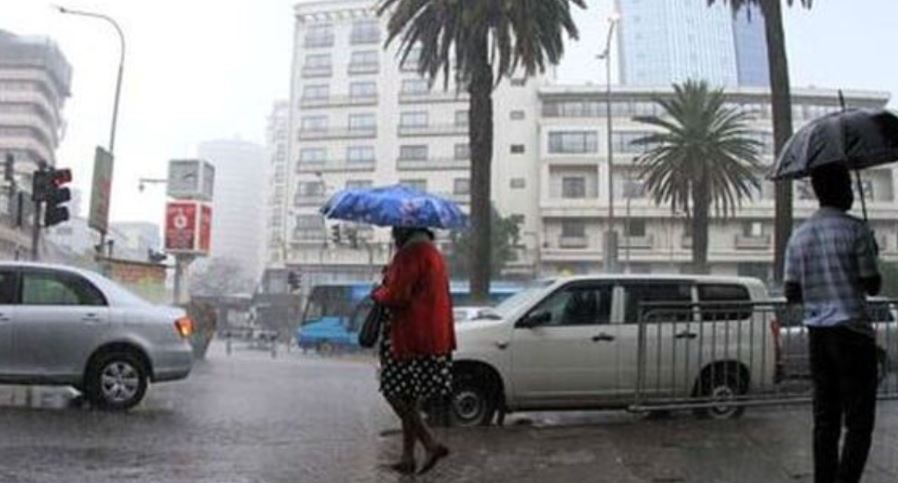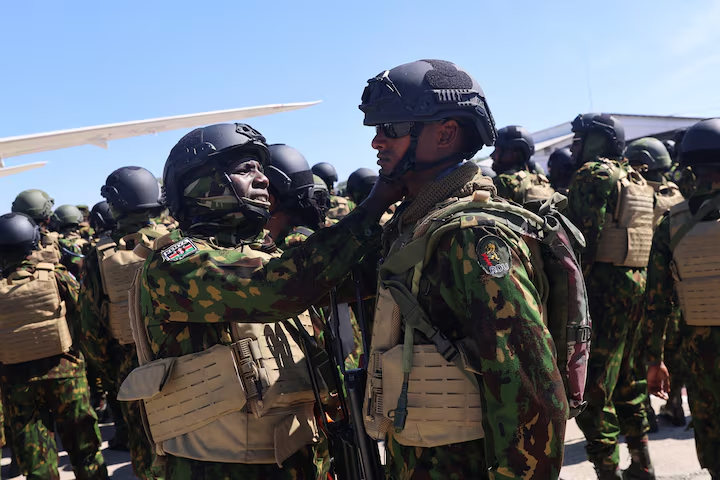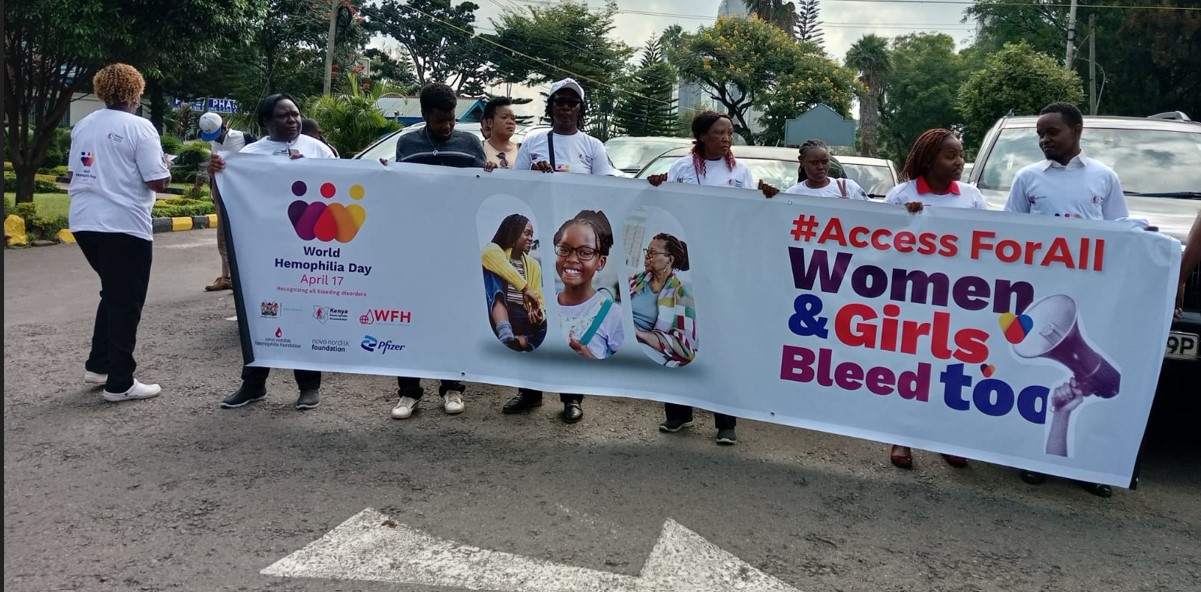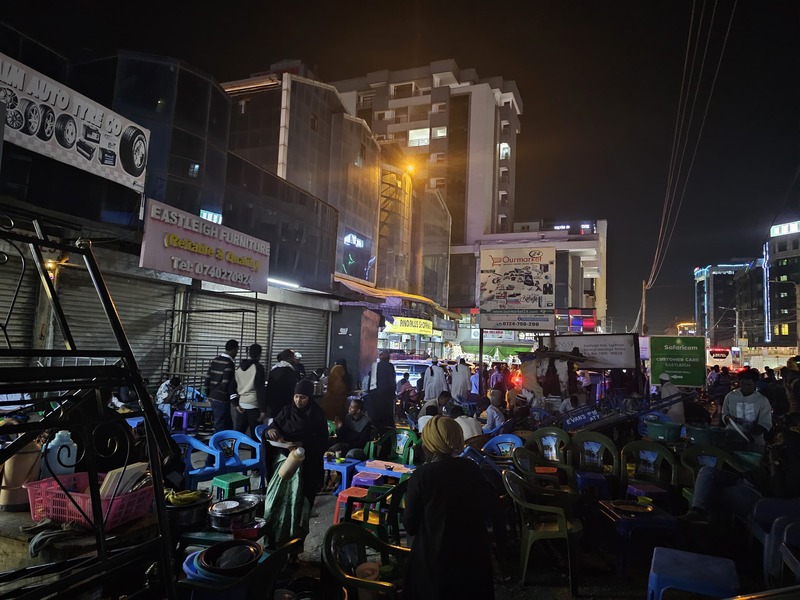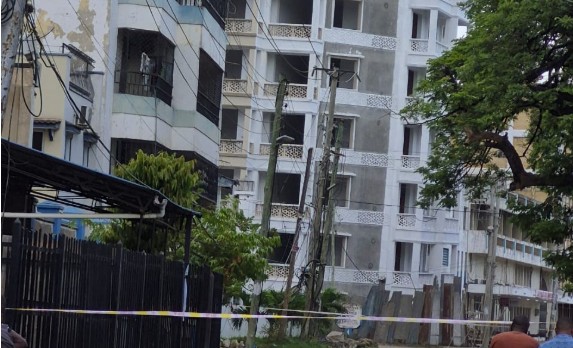WHO chief urges end to attacks on Sudan healthcare after 70 killed in drone strike

The conflict has produced waves of ethnically driven violence blamed largely on the RSF, creating a humanitarian crisis.
The head of the World Health Organisation Tedros Adhanom Ghebreyesus on Saturday called for an end to attacks on healthcare workers and facilities in Sudan after a drone attack on a hospital in Sudan's North Darfur region killed more than 70 people and wounded dozens.
"As the only functional hospital in El Fasher, the Saudi Teaching Maternal Hospital provides services which include gyn-obstetrics, internal medicine, surgery and paediatrics, along with a nutrition stabilisation centre," WHO Director-General Tedros posted on X after the Friday strike.
More To Read
"We continue to call for a cessation of all attacks on health care in Sudan, and to allow full access for the swift restoration of the facilities that have been damaged", Tedros said.
The war between Sudan's army and the Rapid Support Forces (RSF), which broke out in April 2023 due to disputes over the integration of the two forces, has killed tens of thousands, driven millions from their homes and plunged half of the population into hunger.
The conflict has produced waves of ethnically driven violence blamed largely on the RSF, creating a humanitarian crisis.
Darfur Governor Mini Minnawi said on X that an RSF drone had struck the emergency department of the hospital in the capital of North Darfur, killing patients, including women and children.
Fierce clashes have erupted in El Fasher between the RSF and the Sudanese joint forces, including the army, armed resistance groups, police, and local defence units.
The war which broke out in Sudan in April 2023 has killed tens of thousands of people, displaced over 12 million and driven hundreds of thousands into famine.
According to the Integrated Food Security Phase Classification initiative, over 24.6 million people in Sudan face "high levels of acute food insecurity". This is about half of the country’s population.
Top Stories Today





